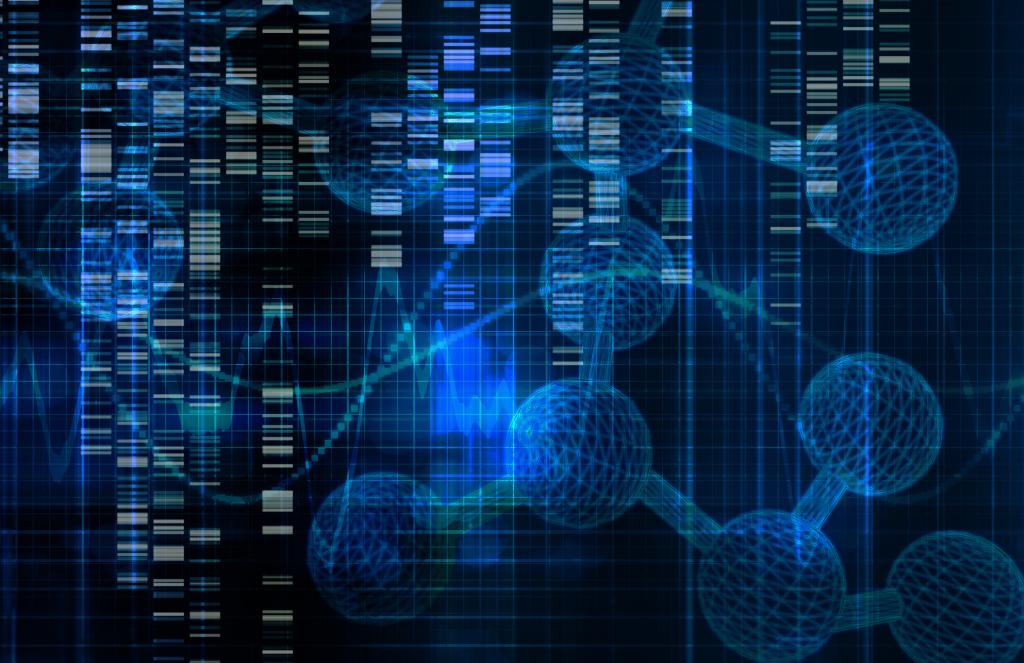Admission CTAs
Hakami developing stable cell line for production of exosomes carrying EIAV GP90 glycoprotein for vaccine development
Ramin Hakami, Associate Professor, School of Systems Biology, and researchers in his lab are purifying exosomes from the EIAV-gp90 cell line. They are doing so to demonstrate that exosomes have gp90 on the surface and can be used to develop a new type of vaccine for horses.
Preliminary results generated will be used for future grant applications from the Center for Infectious Disease Research (CIDR) and Mason, and for collaborations among Mason, the virology firm Virongy, LLC, and Prince William County to promote regional economic development in the life science arena.
Regarding the importance of the project, Hakami said, "Equine Infectious Anemia (EIA) is a potentially fatal viral disease that infects equids and has an almost worldwide distribution. EIA can have major economic impacts and currently there is no vaccine or treatment in existence for the disease. We aim to develop a highly effective vaccine against this debilitating disease by taking advantage of the naturally occurring extracellular vesicles called exosomes for delivery of virus antigens, given their excellent bioavailability and safety profiles."
Hakami received $25,000 from Virongy, LLC for this work. Funding began in April 2021 and will end in April 2023.
